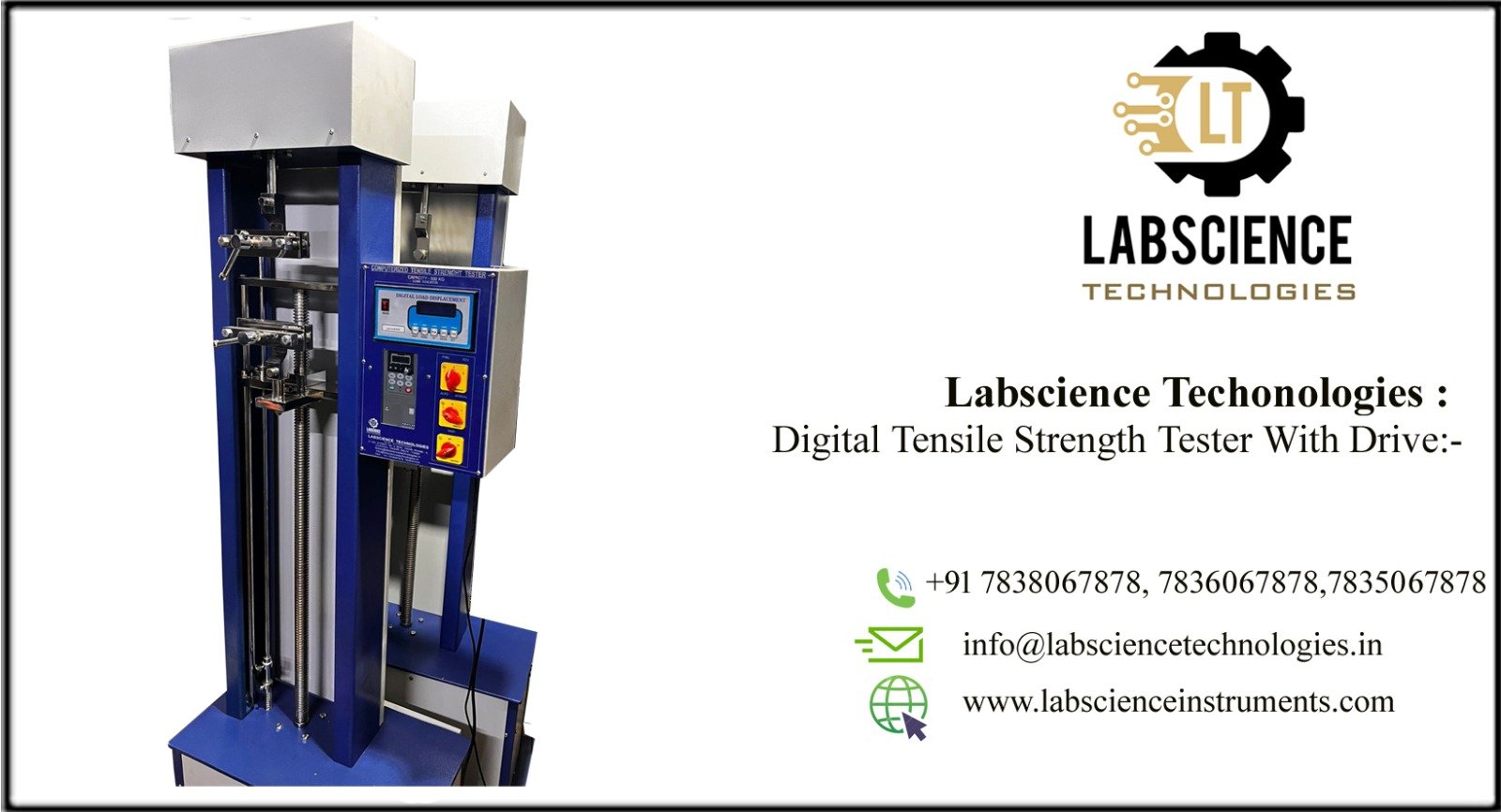Universal tensile testing machine
A universal tensile testing machine (UTM) is an essential piece of equipment used in material testing to evaluate the mechanical properties of various materials. This machine is designed to perform tensile tests, which measure a material’s ability to withstand pulling forces. The UTM can test a wide range of materials, including metals, plastics, rubber, and composites, making it a versatile tool in laboratories, research facilities, and manufacturing industries.
The operation of a UTM involves placing a specimen in the machine’s grips, where it is subjected to a controlled tensile load until failure. The machine accurately records the force applied and the elongation of the specimen, allowing for the calculation of key parameters such as tensile strength, yield strength, and elongation at break. These parameters are critical for assessing material performance under various conditions.
Modern UTMs are equipped with advanced features, including digital displays, data acquisition systems, and software for analysis, enhancing the accuracy and efficiency of testing. Compliance with industry standards, such as ASTM and ISO, ensures that the results are reliable and reproducible. Overall, the universal tensile testing machine plays a vital role in material development, quality control, and research, contributing significantly to advancements in engineering and manufacturing.
A universal tensile testing machine (UTM) is equipped with a range of advanced features that enhance its functionality and usability for material testing. One of its key features is the ability to perform multiple types of tests, including tensile, compressive, and flexural tests, making it a versatile tool for various materials such as metals, plastics, and composites.
The UTM typically includes a high-precision load cell that provides accurate measurement of applied forces, ensuring reliable test results. Its robust frame design allows for testing of both small and large specimens, accommodating various shapes and sizes. Additionally, the machine often comes with adjustable grips that securely hold the specimen in place, minimizing slippage during testing.
Modern UTMs are equipped with user-friendly digital interfaces and software that enable real-time monitoring and data analysis. This software can generate comprehensive reports, including stress-strain curves, which are essential for understanding material behavior.
Safety features, such as overload protection and emergency stop buttons, enhance user safety during operation. Moreover, many UTMs offer compatibility with extensometers, which measure elongation and provide additional insights into material properties. Overall, these features make the universal tensile testing machine an indispensable tool for quality control and research in various industries.
A universal tensile testing machine (UTM) is characterized by specific technical specifications that define its performance and capabilities. Typically, UTMs are available in various load capacities, ranging from 1 kN to over 1000 kN, allowing for testing of a wide array of materials. The machines are designed with a robust frame, often made from high-strength steel, ensuring stability and durability during tests.
The testing speed is adjustable, usually between 0.001 to 500 mm/min, enabling precise control over the testing process. A high-precision load cell is employed for accurate force measurement, with accuracy levels often reaching ±0.5% of full scale. The elongation measurement is typically provided by extensometers, which can measure strain with precision up to ±1% or better.
Most modern UTMs feature a digital display for real-time monitoring and data logging, often accompanied by advanced software for data analysis and report generation. Compliance with international standards such as ASTM E8 and ISO 6892 ensures reliability and reproducibility of test results.
Additional specifications may include a temperature control option for testing materials under different environmental conditions, and the ability to perform various tests such as compression, flexural, and shear testing. Overall, these specifications make the UTM an essential tool in material testing laboratories.
Kindly fill this form to demand a call-back to from our client support boss with esteeming and details.
Call our Specialists for the Best Deal
+91 7838067878
Call Now
+91 7838067878

